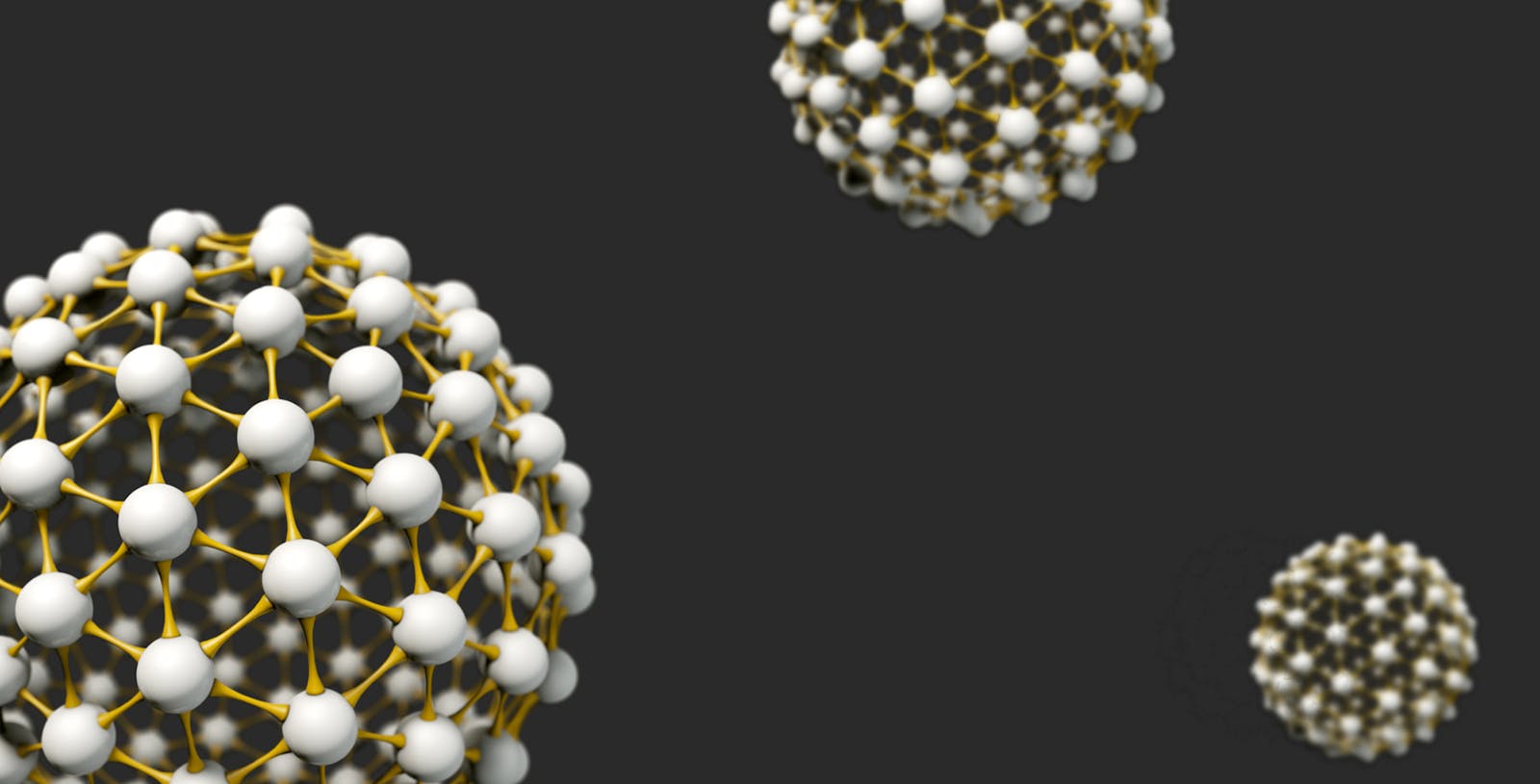As alleged in court today, AbbVie seeks to overwhelm Alvotech with 60+ patent claims of questionable validity in order to keep its closest competitor off the market, a tactic it has long used against other competitors. At stake are billions of dollars of cost to the U.S. healthcare system, which is largely driven by AbbVie’s significant price increases that its Humira monopoly makes possible. Later this month, AbbVie will face questions from Congress about whether the company improperly suppresses competition in order to maintain their monopoly. As alleged in the filing, AbbVie has taken several improper steps to inflate its patent portfolio, specifically:
- patenting purported inventions that it does not use in the production of Humira;
- seeking multiple patents on the same invention but as part of different patent families in a manner designed to cause confusion;
- obtaining patents through inequitable conduct;
- by seeking patents that cover Humira already in the prior art
- obtaining patents on purported inventions that AbbVie did not invent.
Today, affordable biosimilars to Humira are available across Europe and in Japan, Canada and Australia. The settlement agreements that allowed launches in 2018 of biosimilars in Europe were done to delay launches of similar products in the U.S., thus allowing AbbVie the ability to maintain and even increase prices on the U.S. consumer and taxpayer. As pointed out in Alvotech’s lawsuit, AbbVie did not invent adalimumab or the subject matter of the original patents surrounding adalimumab and its use, instead acquiring them from German BASF AG. Nevertheless, despite those original patents expiring in 2016, AbbVie has been able to extend its monopoly to 2023 and beyond by deliberately seeking to block legitimate competition.
In 2010, AbbVie developed and tested a less-painful and higher- concentration version of Humira that was as a 100 mg/ml formulation, which the FDA approved in 2015. Yet the company waited nearly three years before bringing this new formulation to the public, a strategic move meant to entrench their control over the market and hobble the competition. Alvotech has developed and is seeking interchangeability for the less-painful, high-concentration version of Humira, which will offer patients the treatment at a more affordable price point.
Furthermore, AbbVie successfully sought and obtained over 100 additional patents of dubious validity that extended its Humira monopoly beyond 2016. Through settlements reached with their competitors, other biosimilars will not enter the market until 2023. In just the last four years, since its monopoly should have run its course, AbbVie has reported selling over $75 billion worth of Humira and is forecasted to make an additional nearly $40 billion through 2022.
As alleged in today’s filing, this strategy has been called a “minefield of IP” by those in AbbVie’s leadership, meaning the company will engage in endless litigation not to protect innovation but to make challenges to its patent claims cost- and resource- prohibitive for competitors.
